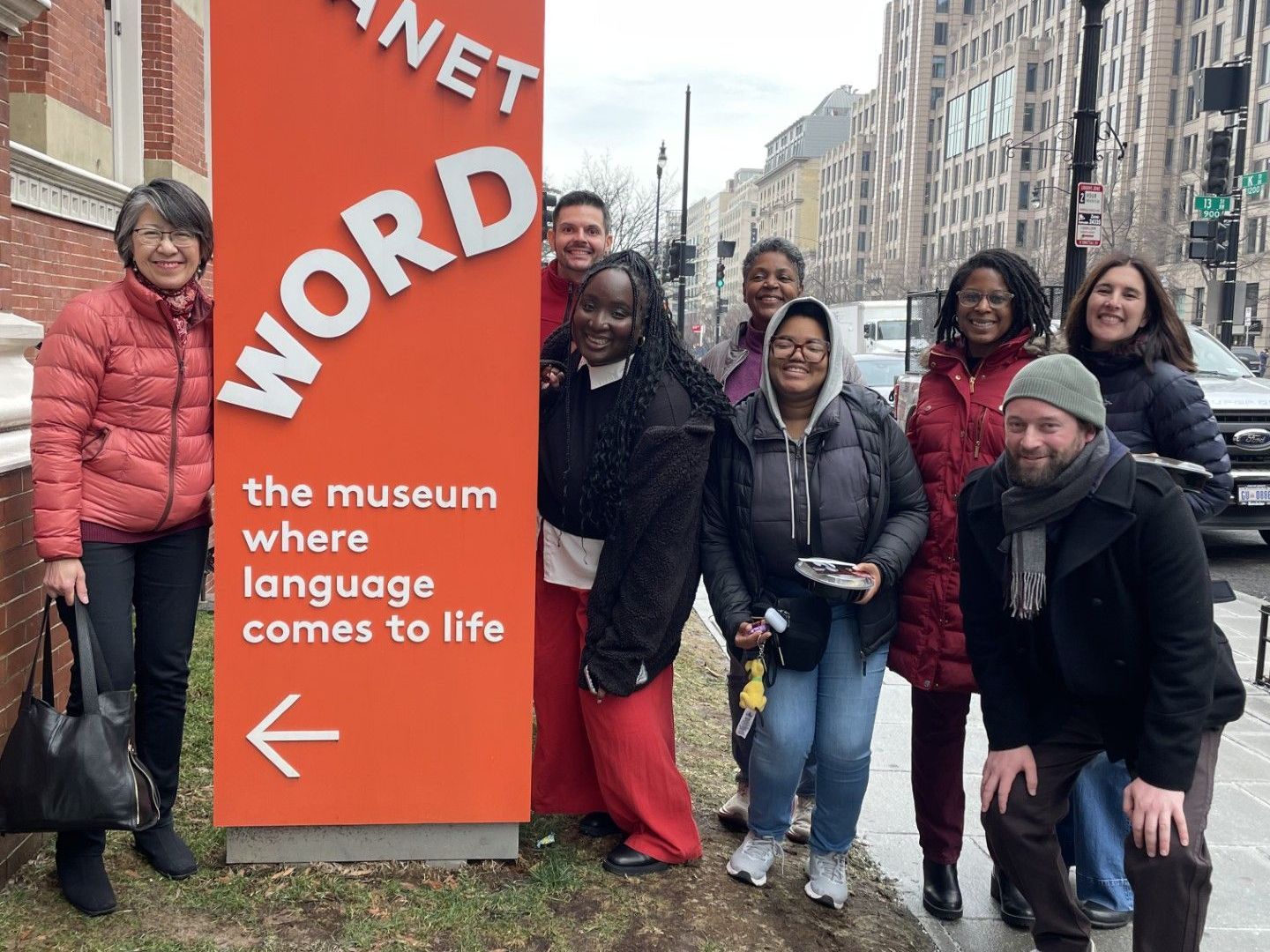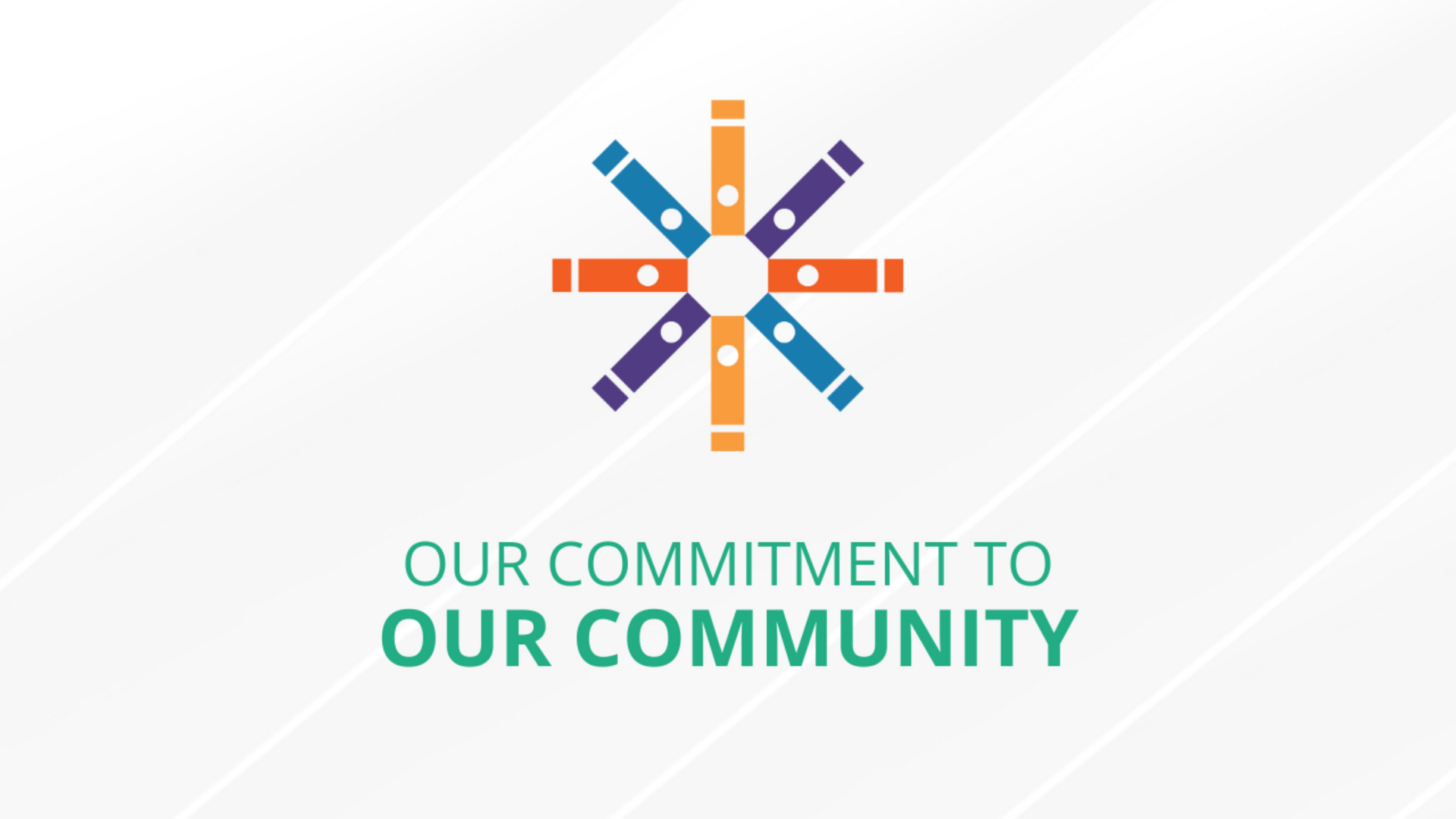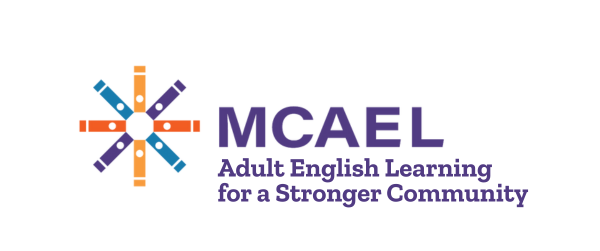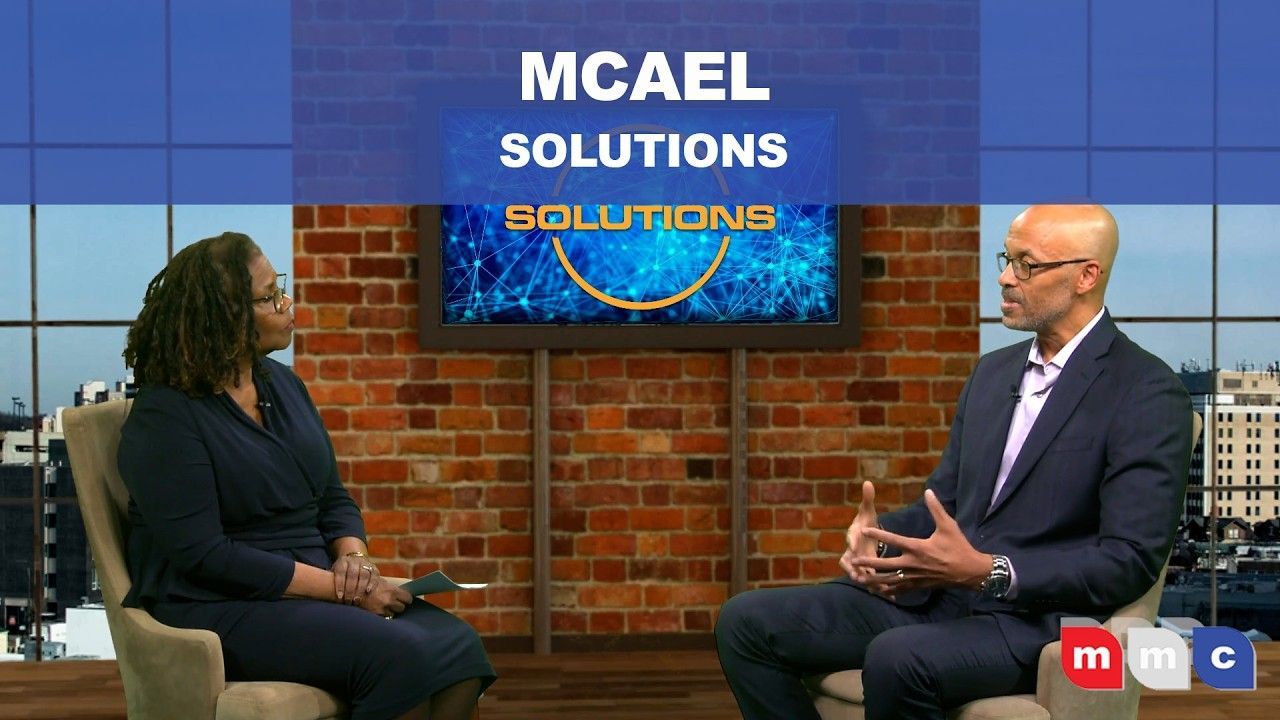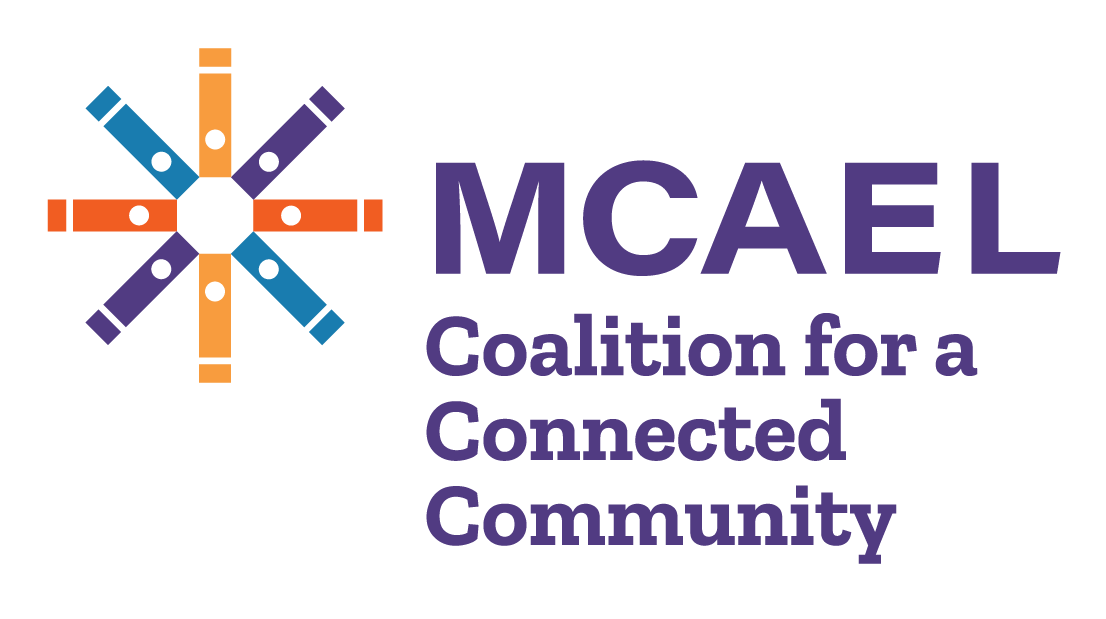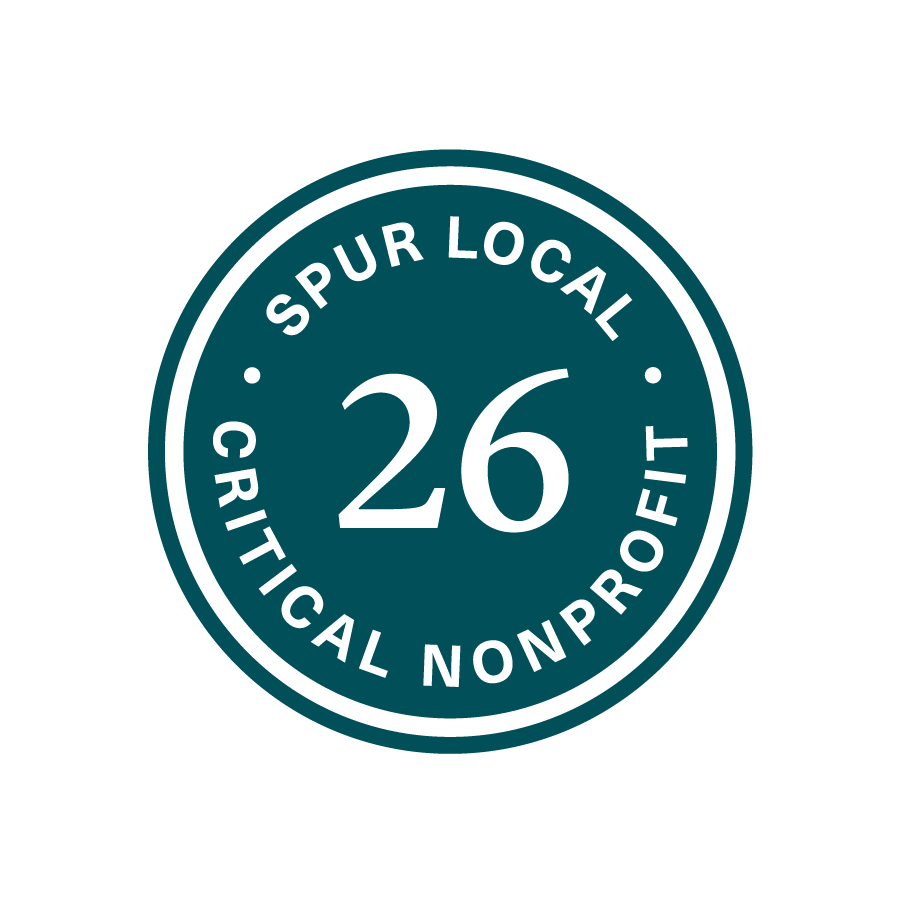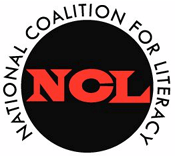By MCAEL
•
February 11, 2026
En la Coalición de Montgomery para la Alfabetización en Inglés para Adultos (Montgomery Coalition for Adult English Literacy, MCAEL), nuestra misión está arraigada en el fortalecimiento de nuestra comunidad mediante el apoyo a los estudiantes adultos de inglés y los programas que los atienden. En momentos de intenso temor e incertidumbre, es importante que expresemos con claridad nuestros valores y nuestro compromiso con las personas a las que servimos. Los informes profundamente preocupantes sobre las medidas de control de la inmigración en Minnesota y en otros lugares del país han suscitado, como es comprensible, una gran inquietud en las comunidades de inmigrantes y no inmigrantes de todo el país. Por consiguiente, es comprensible que muchos residentes de Maryland, y del condado de Montgomery en particular, se sientan preocupados ante la posibilidad de que aumenten las actividades de control de la inmigración en nuestra zona. Esta incertidumbre genera miedo, ansiedad y una sensación de vulnerabilidad que afecta a la vida cotidiana, la estabilidad familiar y la disposición a solicitar servicios educativos y comunitarios. Vemos y sentimos el impacto de este clima cada día a través de nuestros socios de coalición, instructores, estudiantes, voluntarios y dentro de nuestro propio círculo de amigos y familiares. Cuando se presenta a los inmigrantes de manera generalizada e inexacta como delincuentes o como una carga para los sistemas públicos, el daño va mucho más allá de la retórica. Puede socavar la confianza, erosionar el bienestar colectivo y debilitar el tejido social de nuestra comunidad. No debemos permitirlo. Es importante reiterar los hechos que están bien establecidos y respaldados por investigaciones exhaustivas realizadas por instituciones académicas acreditadas, organismos gubernamentales y organizaciones políticas de todo el espectro ideológico. Se ha demostrado de manera sistemática que los inmigrantes, incluidos los indocumentados, cometen menos delitos que los ciudadanos nacidos en Estados Unidos, aportan miles de millones de dólares en impuestos locales, estatales y federales, y desempeñan un papel vital en la fuerza laboral y la creación de pequeñas empresas. Estos hallazgos no son simples opiniones: están respaldados por décadas de pruebas creíbles. La MCAEL apoya las políticas y valores que fomentan la confianza entre las comunidades y las instituciones locales y que son esenciales para la seguridad pública, la salud pública y el acceso a la educación. Estamos agradecidos de vivir en un condado que reconoce estos principios y trabaja para defenderlos. MCAEL apoya a nuestros estudiantes, nuestros socios, nuestros vecinos, nuestras familias y nuestra comunidad. Afirmamos el derecho de todas las personas a ser tratadas con justicia, dignidad, compasión y respeto, independientemente de su situación migratoria, habilidades lingüísticas u origen étnico, y a sentirse seguras en sus propios hogares, en sus vecindarios y en su vida cotidiana. Mantenemos nuestro compromiso de apoyar a los estudiantes adultos y a los programas que los atienden, así como con trabajar junto a nuestros socios para reforzar la resiliencia, la confianza y las oportunidades en todo el condado de Montgomery.
